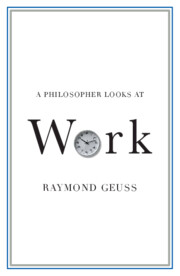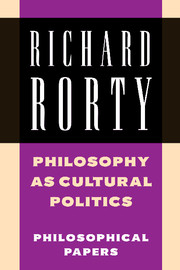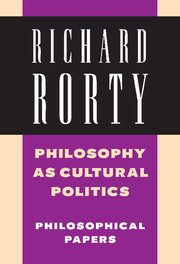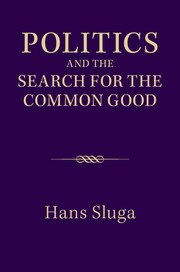A Philosopher Looks at Work
Is work as we know it disappearing? And if so why should we care? These questions are explored by Raymond Geuss in this compact but sweeping survey which integrates conceptual analysis, historical reflection, autobiography and social commentary. Geuss explores our concept of work and its origins in industrial production, the incentives and compulsions which societies use to get us to work, and the powerful hold which the work ethic has over so many of us. He also looks at dissatisfaction with work - which is as old as work itself - and at various radical proposals for doing away with it, and at the seemingly irreversible growth of unemployment as a result of mechanisation. His book will interest anyone who wishes to understand the place of work in our world. This new series offers short and personal perspectives by expert thinkers on topics that we all encounter in our everyday lives.
- Analyses our conception of work and seeks to explain its enormous power in societies past and present
- Examines the reasons for dissatisfaction with work and surveys the many proposals throughout history for reforming or even eliminating it
- Considers the ways in which the nature of work is changing, and suggests alternative ways of thinking about how to accommodate it
Reviews & endorsements
Raymond Geuss has produced a timely and major contribution to our understanding of the complex reality of work. The book skilfully opens up important new questions whilst thoughtfully re-engaging with the classics. It is also a beautifully written study in which the tortuous, uncertain yet unavoidable place which work takes in all our lives is delicately unpacked with the author's characteristic insightfulness and good humour. Brian O'Connor, University College Dublin
Product details
May 2021Paperback
9781108930611
150 pages
197 × 129 × 17 mm
0.25kg
Temporarily unavailable - available from April 2025
Table of Contents
- 1. What is Work?
- 2. The Organisation of Work
- 3. The Anthropology and Economics of Work
- 4. Radical Discontent and the Future of Work.









